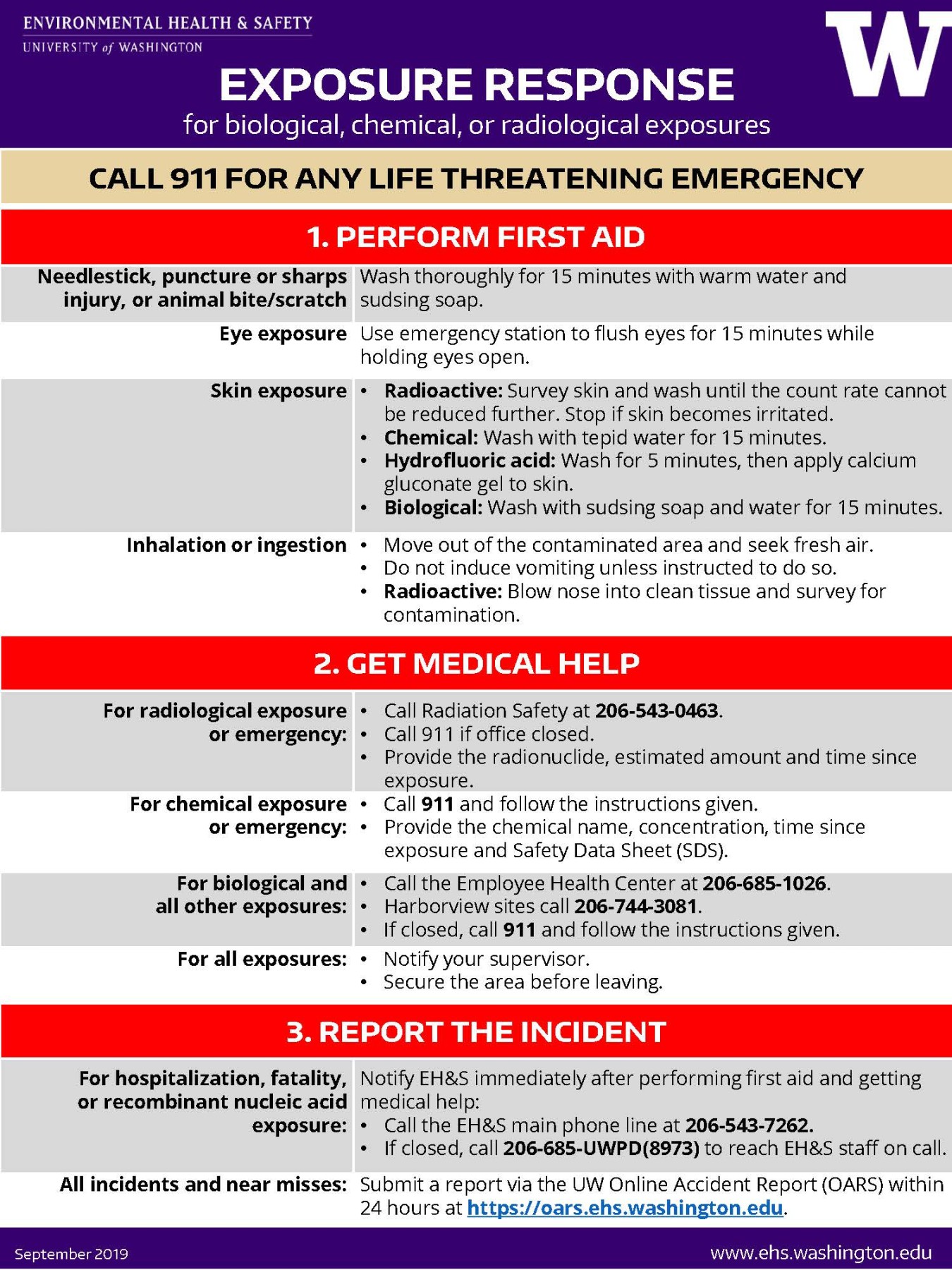Which of the Following Materials Could Be Potentially Infected With Bloodborne Pathogens: A Gardening Perspective
Bloodborne pathogens are microorganisms found in human blood that can cause disease. While gardening is generally a safe activity, it’s essential to be aware of potential risks, especially when handling materials that may come into contact with blood.

Common Gardening Materials and Bloodborne Pathogen Risk
Soil: While soil itself doesn’t typically contain bloodborne pathogens, it can become contaminated if it comes into contact with infected blood, such as from animal bites or human accidents.
Plant Debris: Plant debris, including leaves, stems, and flowers, can harbor bloodborne pathogens if it comes into contact with infected blood. This is particularly relevant in areas with wildlife or where gardening tools may have been used by multiple people.
Gardening Tools: Gardening tools, such as shovels, rakes, and pruning shears, can become contaminated with bloodborne pathogens if they come into contact with infected blood. Sharing tools with others or using tools that haven’t been properly cleaned can increase the risk of exposure.
Compost: Compost can contain a variety of organic materials, including food scraps and animal waste. If these materials are contaminated with bloodborne pathogens, they can pose a risk to gardeners.
Water Sources: While water sources like ponds and streams are not typically associated with bloodborne pathogens, they can become contaminated if they are used for waste disposal or if animals with infectious diseases use them.

Reducing the Risk of Bloodborne Pathogen Exposure
To minimize the risk of bloodborne pathogen exposure while gardening, consider the following precautions:

Wear Protective Gloves: Wearing gloves can protect your hands from potential contaminants, including bloodborne pathogens.
Clean Tools Regularly: Clean gardening tools with disinfectant after each use to kill any microorganisms that may be present.
Avoid Contact with Blood: If you encounter blood or other bodily fluids while gardening, avoid direct contact. Use gloves and other protective equipment to clean up the area.
Dispose of Waste Properly: Dispose of plant debris and other waste in a sealed container to prevent the spread of pathogens.
Be Mindful of Wildlife: Be aware of wildlife in your garden, as animal bites can transmit diseases.
Conclusion
By understanding the potential risks and taking appropriate precautions, gardeners can enjoy their hobby safely. By practicing good hygiene, using protective equipment, and being mindful of potential hazards, gardeners can minimize the risk of bloodborne pathogen exposure and protect their health.

